Salt your water like the sea.
Salting the water is your best opportunity to season the pasta itself. The water needs to have a high concentration “Like the sea” in order to flavor the pasta is step one to cooking pasta.
Bring the water to a full boil.
Don’t rush the cooking process, don’t add the pasta when the water is at a mere simmer. That could result in a few raw, uncooked pieces. Make sure you water is at a full boil before you add pasta.
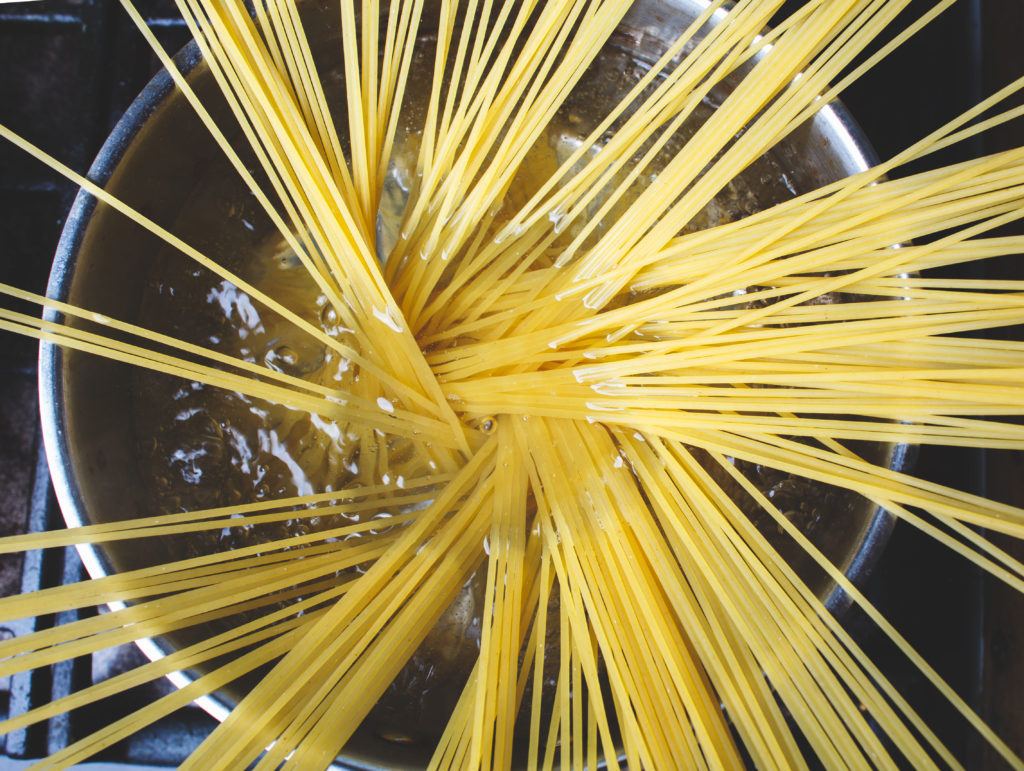
Stir while adding pasta.
As soon as you add your pasta in the water, stir it in. This prevents the pasta from sticking together. Stir occasionally during the cooking process.
Drain don’t dry your pasta.
Drain your pasta enough to remove a majority of the water, but don’t let drained pasta sit and “dry off”. As it cools, the starches will firm up and the pasta will stick together.
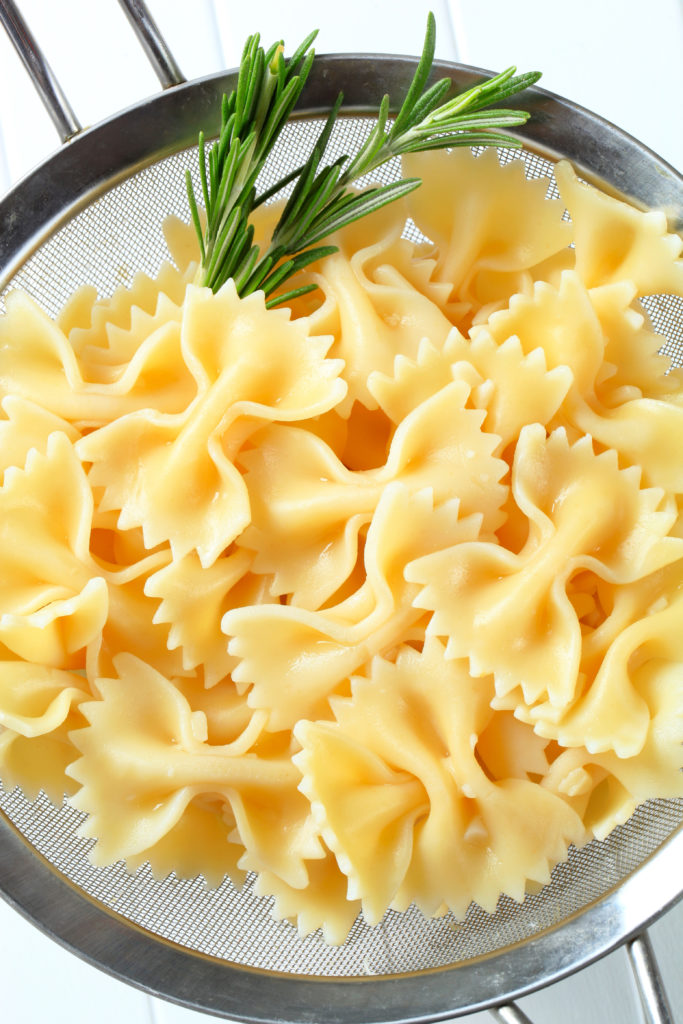
Do not rinse pasta after cooking pasta.
Please, do not rinse your pasta. Not only is it unnecessary, but you’re washing away the starch that helps the sauce cling to the pasta. It also washes away some of the pasta’s flavor.
Add pasta to sauce, not sauce to pasta
Always have your sauce prepared before you cook your pasta. Cooking the pasta should be the last step in making your dish. Keep your sauce warm in a large, wide saucepan, big enough to add your pasta to. Add immediately after you drain the pasta.
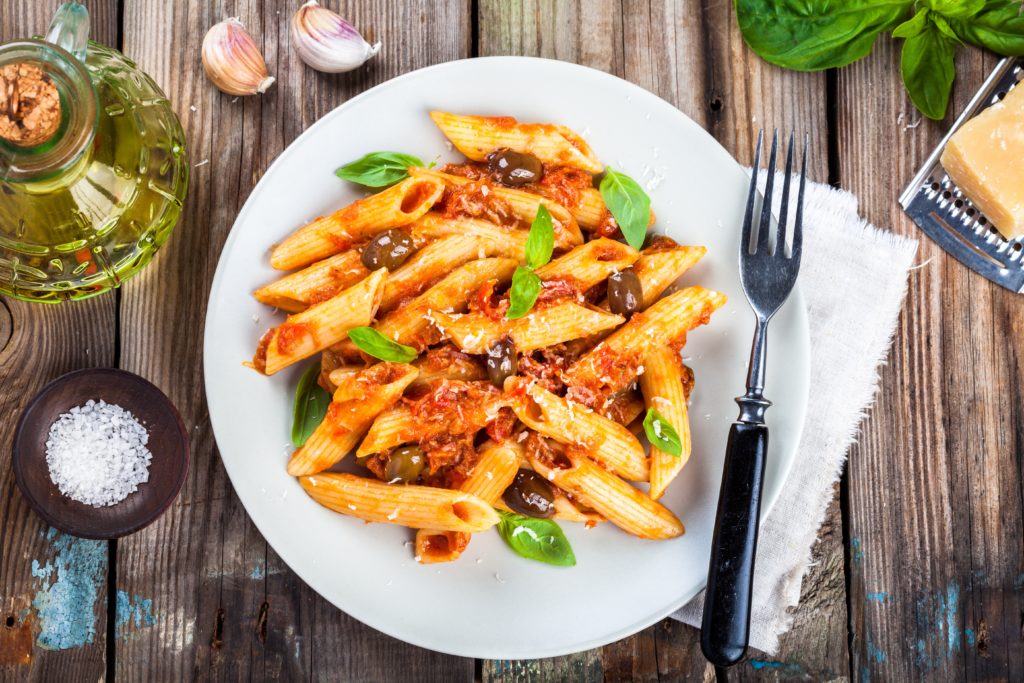
Add some pasta water to your sauce.
Adding a touch of pasta water to your sauce when you add the pasta helps the sauce adhere better to the pasta. The starchy water enhances the sauce’s richness and flavor.
Make your pasta al dente.
Start testing the pasta a minute or two before the time indicated on the package to make sure it doesn’t overcook. The pasta should have some firmness when you bite it, but make sure its not be pasty white or hard inside. And don’t throw it at the wall to test its doneness… that only makes a mess in your kitchen .
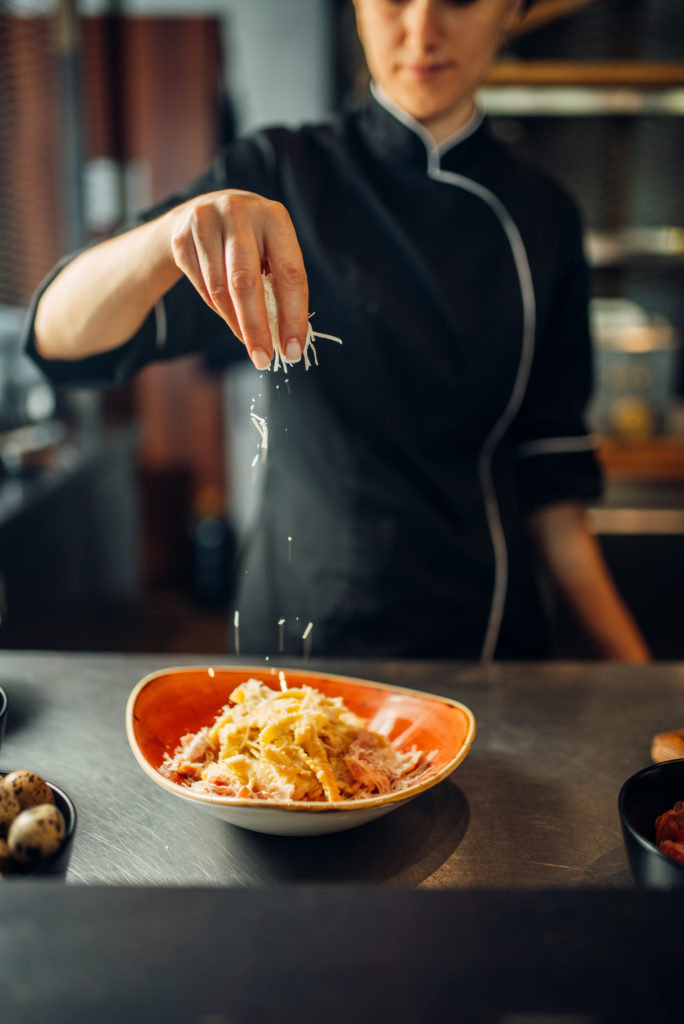
Please follow on Instagram and Pinterest

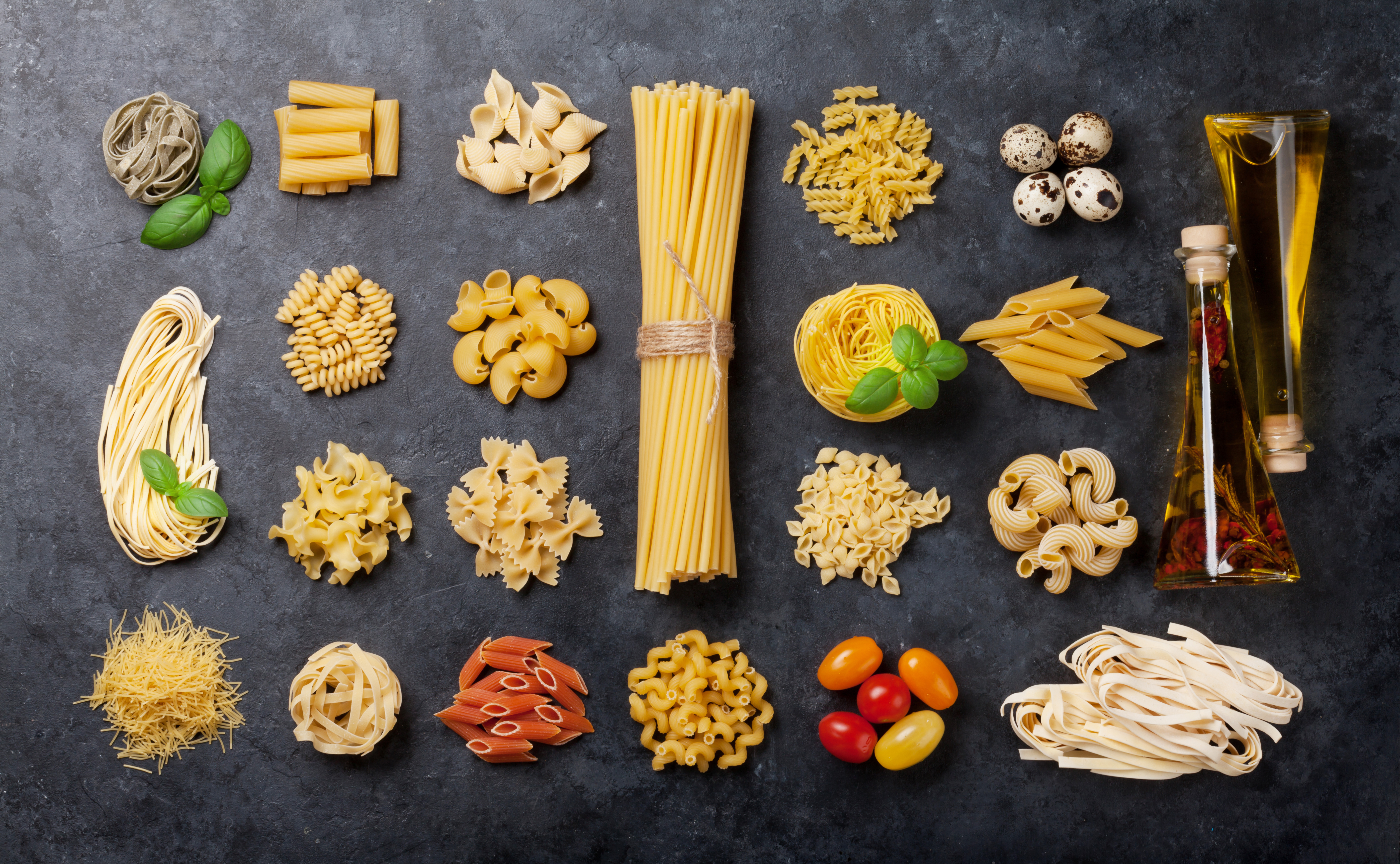
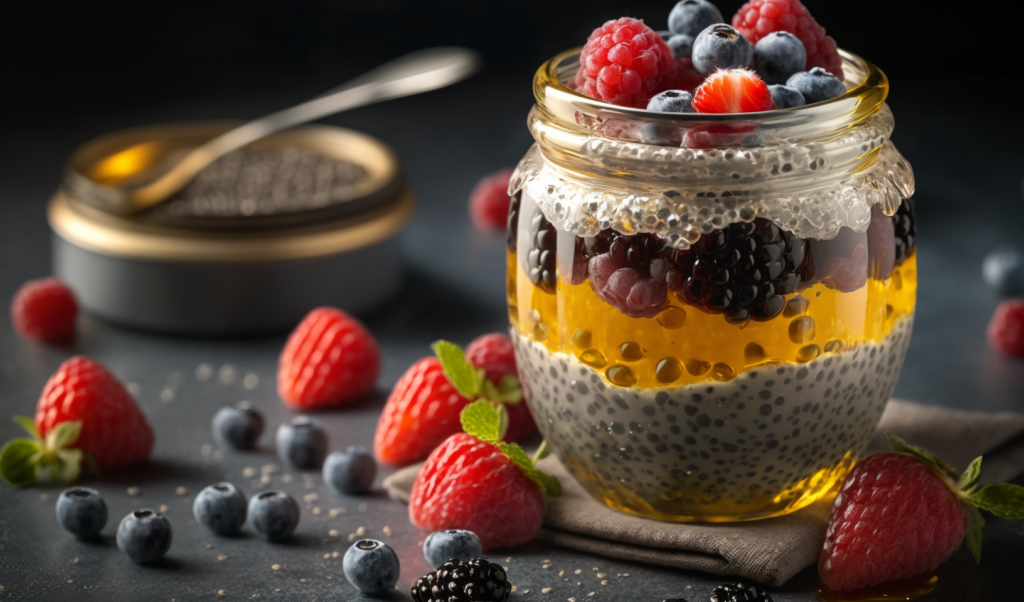

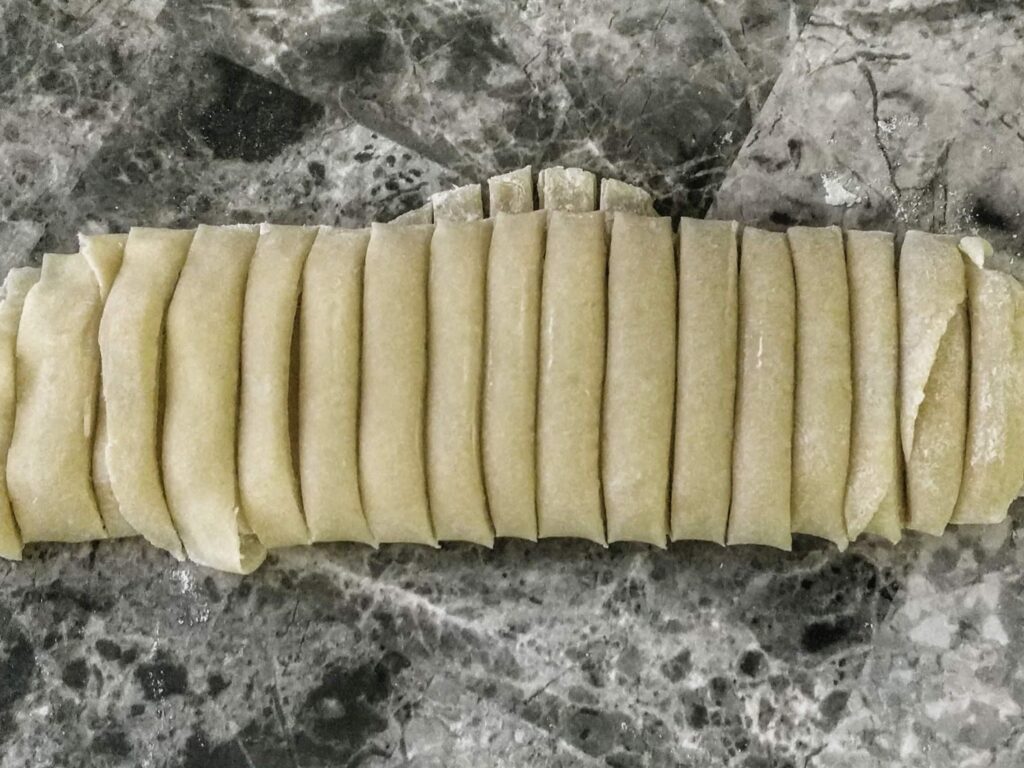

Healthymen Societe Priligy [url=http://cialibuy.com]Buy Cialis[/url] Keflex Milk Food Nausea Symptoms